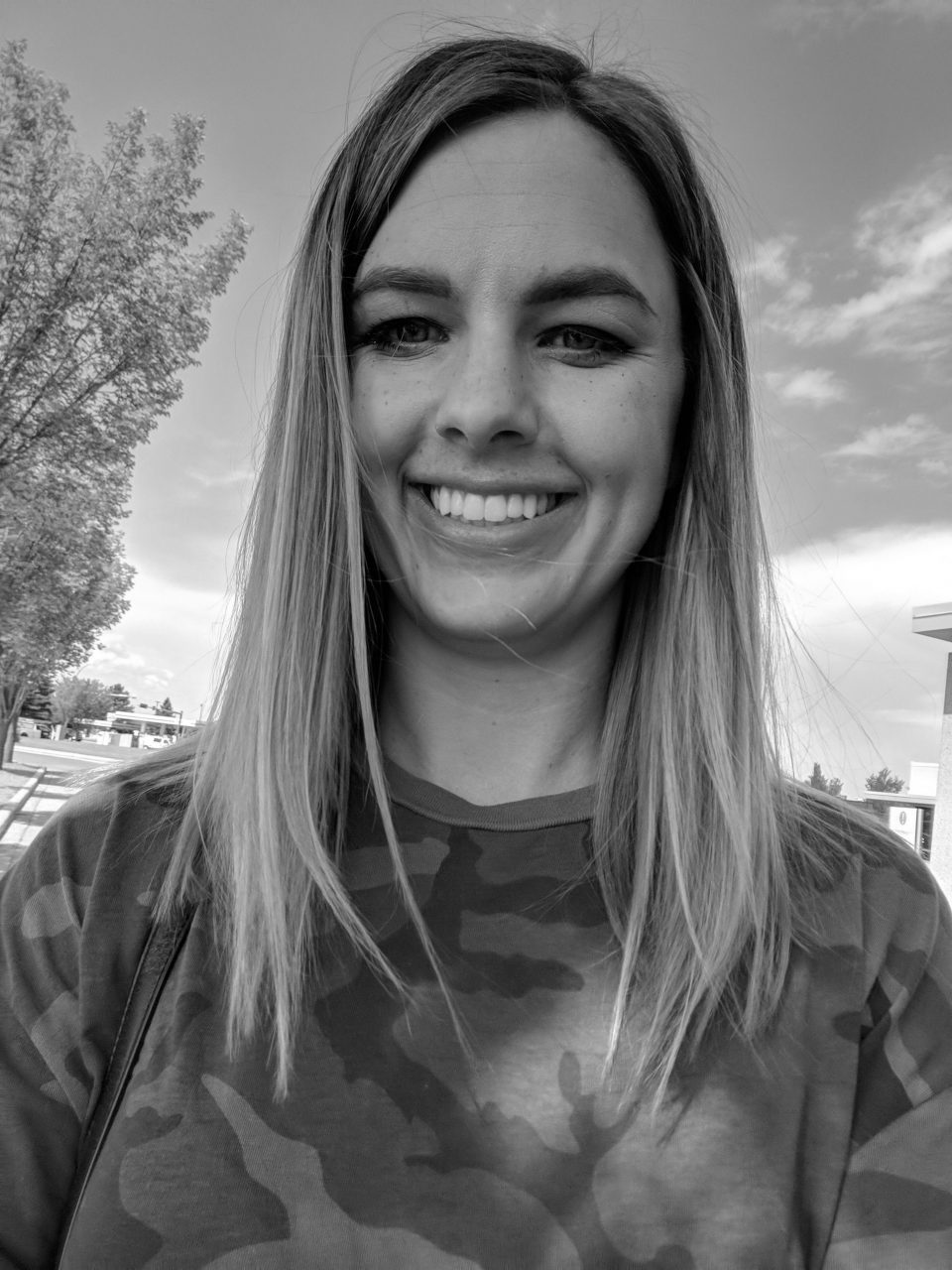By Jovita Beyer, MD, CCFP
Throughout my life I have been blessed to live and work in both rural and urban environments. I grew up in Rocky Mountain House but was only one hour away from Red Deer. I lived in Edmonton for university but did a full year of medical school in Whitecourt. I completed my residency in Edmonton but maxed out my rural and regional rotations. These experiences have shaped my life and career.
Over the last three years, I have had the pleasure of working in several different communities, experiencing their unique challenges and rewards. Currently, I have a family practice in Spruce Grove (what I like to refer to as “rurban”), work inpatients at Stony Plain hospital, deliveries at the Misericordia hospital, and I’m also a consistent locum and weekender in the Rocky Mountain House ER.
Urban medicine has a huge convenience factor for both patients and medical professionals. In Spruce Grove, my patients have options for clinics, walk-ins, lab, and imaging locations and have the benefit of proximity to specialists working in the city hospitals. One of my colleagues at Stony Plain hospital has a favorite saying when it seems like an inconvenience to send patients to Edmonton for a consult: “If it’s not on a dog sled, it’s doable.” This is not to say that rural medicine does not have specialists and regional centers that have a wide array of testing. However, there is no denying that a patient who lives in a remote area with limited access to a vehicle, or many hours of driving to reach healthcare providers, has more difficulty getting testing and follow-up care. For example, for some maternity patients in Rocky Mountain House, the closest ultrasound location from their home is a 2-hour drive.
From a personal perspective, living in a small community means that you know a lot of your patients! I can’t count how many times I have walked into a patient room in ER and realized that this is my great uncle/old babysitter/second cousin/someone I went to high school with. In some ways it’s special, but in other ways terrifying, that you may provide emergency care to those you know. These sorts of challenges can be difficult but also can be highly rewarding. Doctors in rural communities are well trained in triage and accessing resources quickly when required. Regional surgical and obstetrical programs provide much needed care and access to patients. The feeling of making a meaningful difference in your local community is close at hand in rural settings.
The recent COVID-19 pandemic has highlighted one consistency throughout it all. The respect I feel for my healthcare colleagues and their commitment to serving their patients and communities. I’m surrounded by inspiring physicians and nurse practitioners who continue to work incredibly hard despite so much uncertainty. I would be completely lost without the nursing staff who advise me over and over again, the unit clerks who continue their grind of endless paperwork and phone calls, the respiratory therapists who brave so many aerosolized procedures with gravitas and skill, the pharmacists who check and double check medications, the environmental services team who works tirelessly to keep germs at bay, and many more.
Thank you to everyone who has made my experience so rich and diverse.


5 Responses
Great doc.
Rural work ahead? Ah ya I sure hope it does!
PR here I come!!
Jovita is great. A true generalist and an amazing colleague. Her patients are lucky to have her.
Thanks Chris, I had the best colleagues like you to learn from!